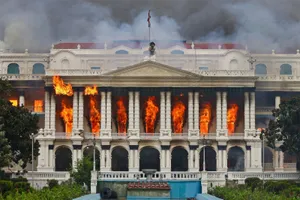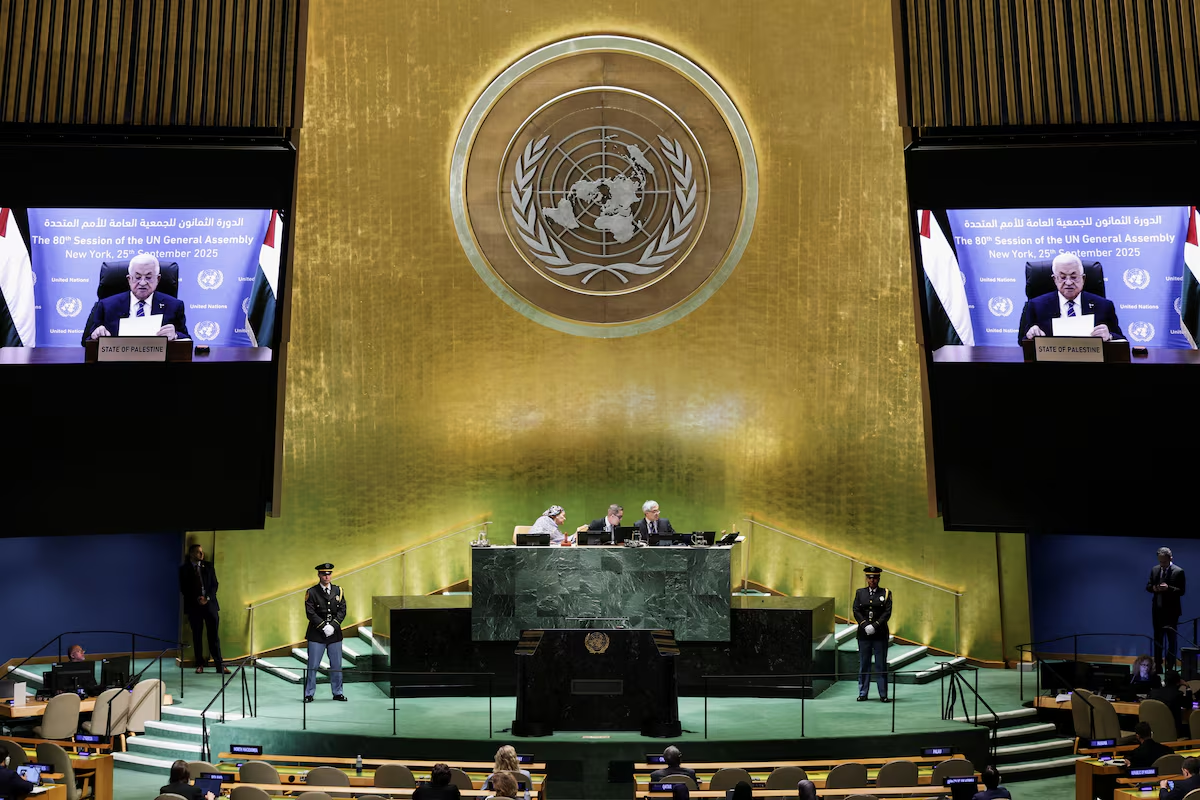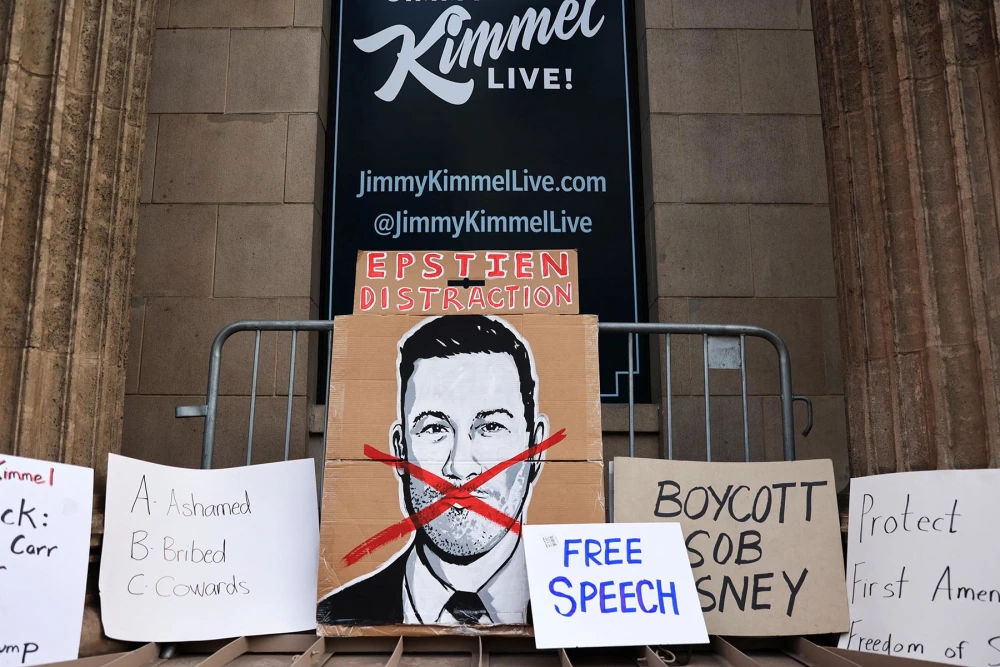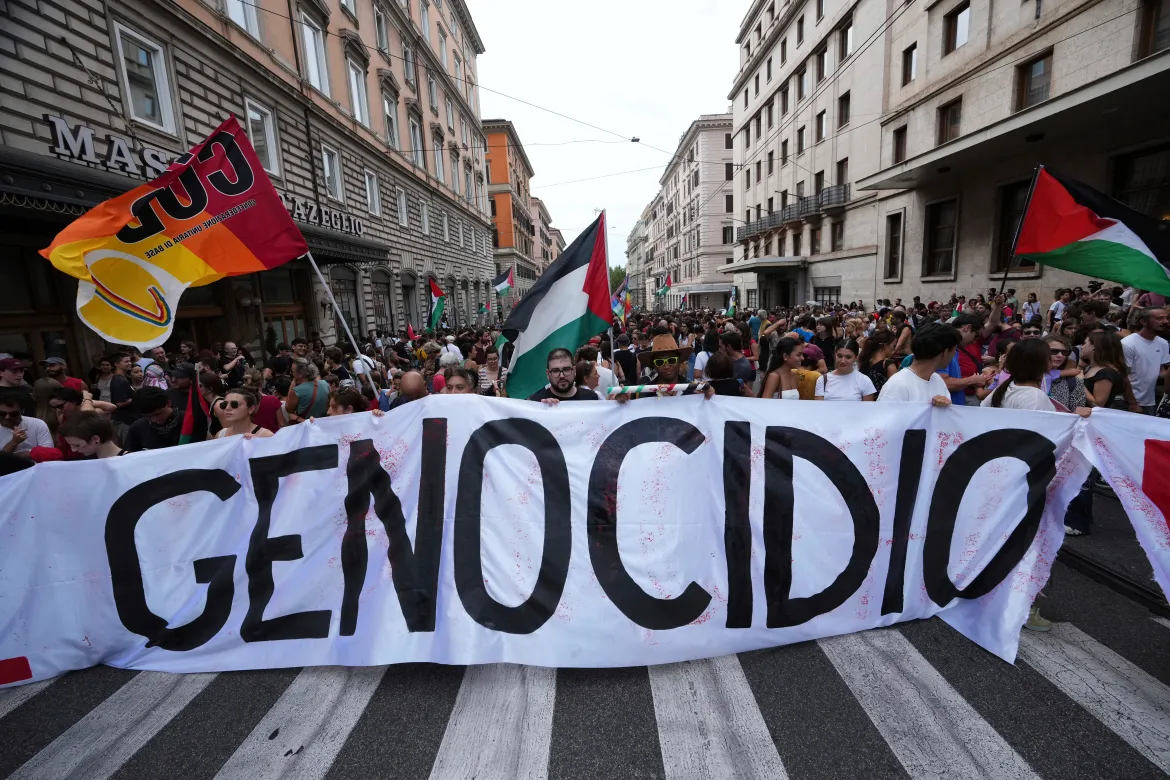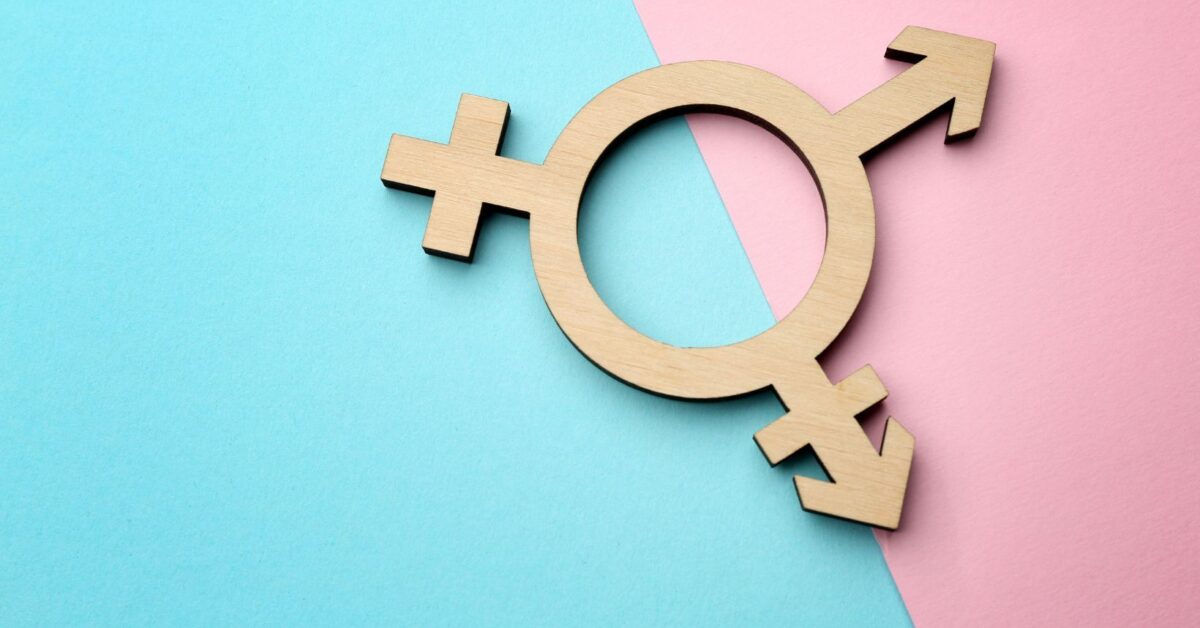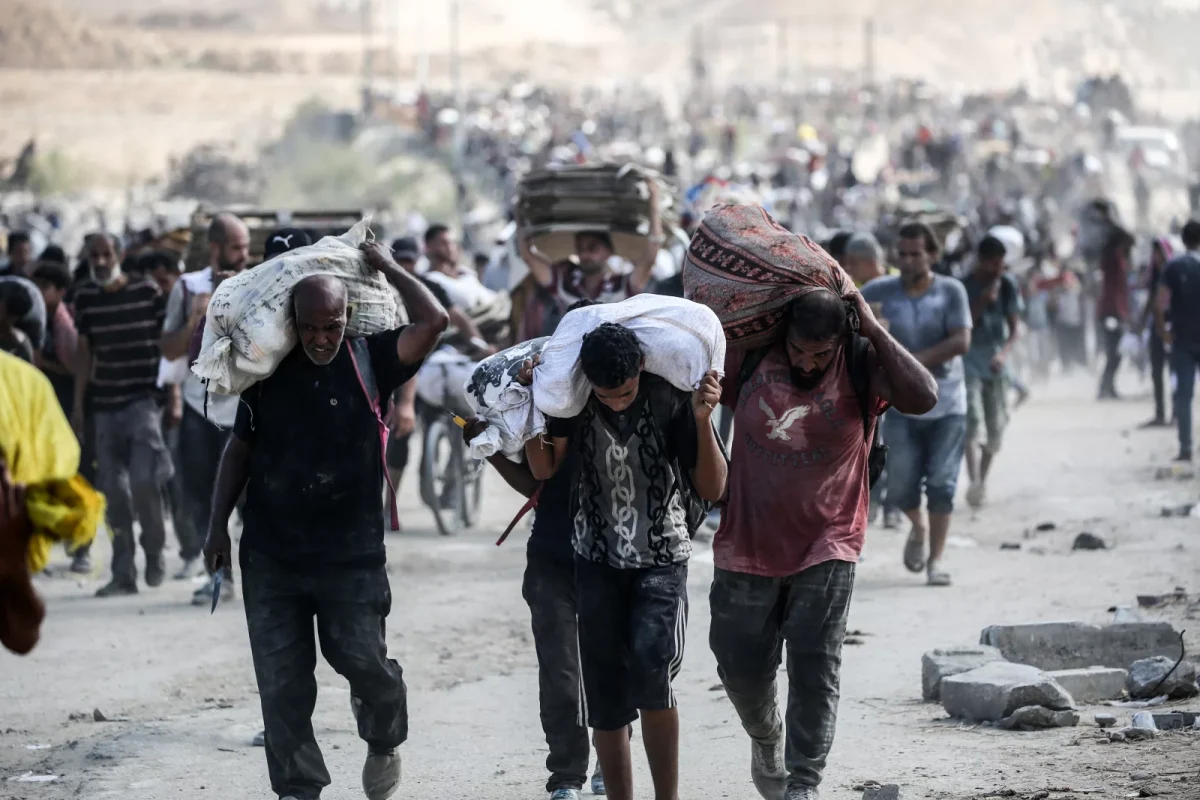On Sept. 9, Nepalese citizens called its government to fix its issues regarding the exploitation of the impoverished and its growing control on the basic rights of citizens. However, protests across the country quickly erupted as protestors demanded respect and righteousness in regard to the media ban that the government had previously placed.
“Last week, Nepal’s government ordered authorities to block 26 social media platforms for not complying with a deadline to register,” the BBC reported. “The government justified its ban in the name of tackling fake news, hate speech and online fraud. But young people criticized the move as an attack on free speech.”
The protesters had gathered earlier during the day with a small group of young civilians.
“The protests began with peaceful students angry about official corruption and a widening wealth gap. Then mobs unleashed their attacks,” The New York Times said. Protesters first tried to storm government buildings where over 70 protestors have been killed and over 2,000 injured.
“Anger had been brewing for years about the country’s worsening youth unemployment crisis and lack of economic opportunities, exacerbated by what many viewed as a growing disparity between the country’s elite and regular people,” CNN reported.
Efforts were made to retain peace, such as when the “government minister said they lifted the ban after an emergency meeting late on Monday night to ‘address the demands of Gen Z,'” the BBC said. However, they were too late. The ardor of the protestors, and what is being referred to as the “Gen Z Movement,” had lit a literal match.
The country’s capital of Kathmandu is now seen burning for its crimes and control. The young protesters have set fire to the Parliament building and managed to make the Nepali Prime Minister KP Sharma Oli resign his position and flee his residence.
In the following week, once smoke started to replace flames, and soot began to dissipate. There was a careful calm, one that drove Gen Z and many other Nepali citizens to take more matters into their own hands.
“Armed with brooms, bags and dustbins, the protesters – mostly from Gen Z – were seen sweeping the city’s pavements, collecting debris, and repainting walls near government buildings that were torched during the protests,” The Independent reported. “Protesters were also seen returning items such as refrigerators, microwaves and fans looted by some of the demonstrators.”
The volunteers took the negative consequences of their acts for free speech and justice and washed away the ugly remains and debris of a state that will no longer abide by corruption and helplessness.
After the wrecking and repairing, Nepal’s first female Prime Minister, Sushila Karki, was elected.
“We must accept the fact that the protests took place because of the failure to fulfil the spirit and objectives of providing good governance and prosperity enshrined in the constitution,” Karki said.
Karki and other Nepali citizens now must work from the bottom up to rebuild a newer, more refined Nepal.



